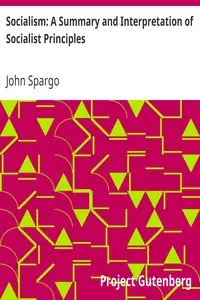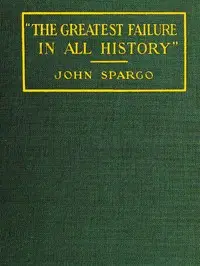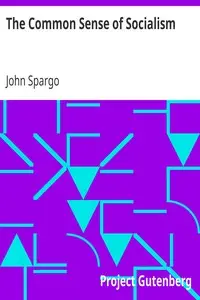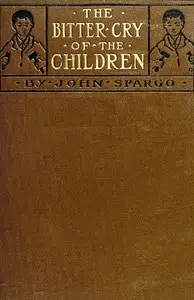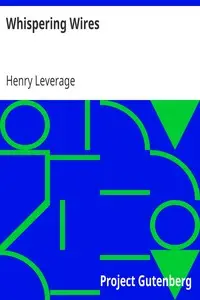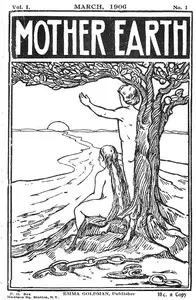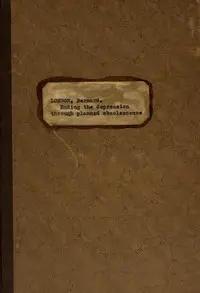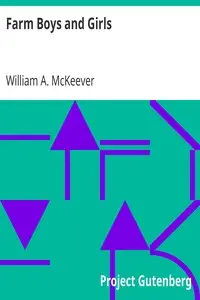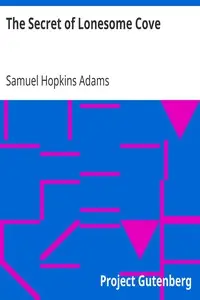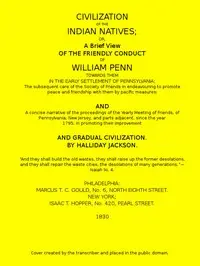"The Jew and American Ideals" by John Spargo is a historical account written in the early 20th century. In this work, Spargo confronts rising anti-Semitism and discusses its implications for American society, emphasizing the importance of defending American ideals and values against such prejudices. He presents a critique of the anti-Jewish propaganda prevalent in his time, particularly the claims surrounding a supposed "Jewish conspiracy." The opening of the work introduces the author’s personal experiences and observations regarding the rise of anti-Semitism, particularly in the context of Henry Ford's controversial publications that fostered such sentiments. Spargo recounts his reflections on Ford’s pacifist ideals juxtaposed with his later role as a promoter of anti-Jewish propaganda. He argues against the harmful narratives that equate Jewish identity with conspiracy and subversion, positioning his writing as a defense of both the Jewish community and American democratic principles. This sets the tone for a deeper exploration of the historical context of these prejudices and the necessity of confronting them. (This is an automatically generated summary.)

The Jew and American Ideals
By John Spargo
"The Jew and American Ideals" by John Spargo is a historical account written in the early 20th century. In this work, Spargo confronts rising anti-Sem...
John Spargo was a British political writer who, later in life, became an expert in the history and crafts of Vermont. At first Spargo was active in the Socialist Party of America. A Methodist preacher, he tried to meld the Protestant Social Gospel with Marxist socialism in Marxian Socialism and Religion: A Study of the Relation of the Marxian Theories to the Fundamental Principles of Religion (1915). He also founded a settlement house in Yonkers, N.Y. Spargo moved steadily to the right after 1917 when he supported American intervention in World War I. With AFL leader Samuel Gompers he organized the American Alliance for Labor and Democracy in 1917. Spargo helped draft the Colby Note that formalised the Wilson administration's anti-communist policies. He strongly denounced the Bolshevik Revolution in Bolshevism: The Enemy of Political and Industrial Democracy (1919). He opposed the foreign policy of the New Deal, especially its recognition of the USSR in 1933. He supported the House Un-American Activities Committee in the late 1930s and Senator Joseph McCarthy in the early 1950s. He endorsed Barry Goldwater In the 1964 Elections.



